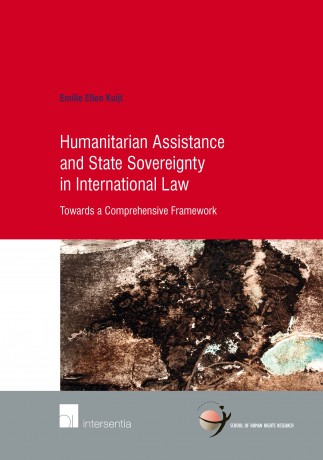
An earthquake. A conflict. A tsunami. A coup. Increasingly, non-international armed conflicts send thousands of civilians fleeing across borders to safety, whilst (natural) disasters hit areas of the world where resources to address the calamity are scarce. Coinciding emergencies or deliberate obstruction by authorities exacerbate the already dire situation. A humanitarian crisis often ensues.
The result of these crises is an immediate and large-scale need for food, water, shelter and medicine: in other words, the provision of humanitarian assistance. Whereas the need for such assistance may be ascertainable, its provision is not without legal and political challenges, and deprivation of aid is unfortunately all too common.
Looking at these challenges and circumstances, several issues can be discerned regarding the legal framework governing the provision of humanitarian assistance. These include the fragmentation or conflict of applicable norms, developments within the international legal realm regarding the role of the individual in the receipt of aid and in the responsibility for its provision, as well as the changing nature of conflicts in the world and actors partaking in these conflicts. State sovereignty must furthermore continuously be taken into consideration as part of this legal framework, from the viewpoint of the provision of assistance, its denial and enforcement.
This book aims to systematically address these challenges, with an overarching approach to the provision of humanitarian assistance. Part I sets out the boundaries of the existing framework and addresses the relevant concepts pertaining to the delivery of emergency aid. Part II assesses the currently existing rights of the affected persons and duties of the affected state in the delivery of humanitarian assistance, whereas Part III addresses enforcement possibilities in the absence of (sufficient) provision by the affected state. Lastly, recommendations are provided to ensure the protection of those who need it most.